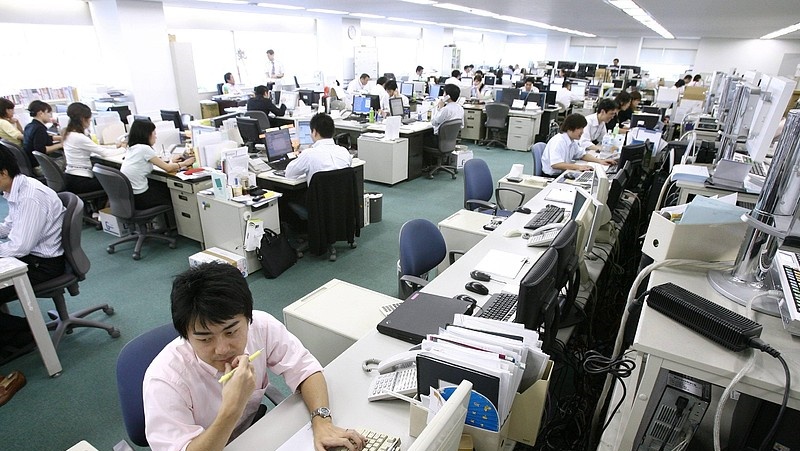
In an era where remote work is not just a possibility but a burgeoning trend, organizations are increasingly looking towards global horizons to discover and integrate top-tier talent from across the globe into their teams. Japan, despite its modest geographical footprint, stands out as a prime candidate for such global expansion efforts, thanks to its status as the world’s third-largest economy and a labor pool exceeding 68 million individuals.
For businesses aiming to penetrate foreign markets, Japan presents an enticing opportunity to harness local expertise, particularly in sectors rich with technological prowess. The country is home to a wealth of professionals in software development, IT, and other technical domains, whose expertise could significantly bolster your company’s technological endeavors.
However, the path to international hiring is fraught with complexity. Japan, like many other nations, presents its own set of challenges in this regard, with a labyrinth of legal and administrative hurdles to navigate. Establishing a corporate entity in Japan can be both expensive and time-consuming, leading many to consider the Employer of Record (EOR) model as a viable alternative. Japan, with its conducive business environment, emerges as an ideal locale for employing this strategy.
Understanding EORs in Japan
An Employer of Record serves as the official employer for tax purposes while your company retains the actual work relationship with the employee. EORs in Japan take on a myriad of roles, from human resources to legal compliance, tax obligations, payroll management, and employee benefits, effectively shouldering the formal employment responsibilities and allowing your business to engage with remote talent seamlessly.
Engaging an EOR in Japan offers a straightforward solution to the complexities of international hiring, covering critical aspects such as payroll, onboarding, leave management, adherence to local laws, and the offboarding process, thereby mitigating the legal and administrative burdens associated with remote hiring.
Insights into Japan’s Employment Landscape
Hiring in Japan comes with its unique set of challenges for foreign companies. The nation’s employment landscape is tightly regulated, with comprehensive labor laws in place to safeguard worker rights. Collaborating with an EOR can simplify these complexities, ensuring compliance with local regulations. Japan’s employment culture shares similarities with European models, where contracts are essential and heavily regulated, akin to countries like Spain. The standard workweek mirrors that of the UK and several other countries, spanning Monday to Friday with eight-hour days.
Key Considerations for Employers in Japan
Working Hours: The standard workweek caps at 40 hours. Overtime eligibility and rates are strictly regulated, varying with the number of extra hours worked.
Employee Contracts: Employment terms must be documented in writing, a mandate for businesses with over ten employees. These documents must be reviewed and approved by the Local Standards Inspection Office.
Minimum Wage: Japan does not adhere to a unified minimum wage; it varies by region and industry, adding another layer of complexity to compensation planning.
Paid Time Off (PTO): Employees earn PTO after six months of service, starting with ten days annually, with incremental increases based on tenure.
Termination Policies: Japan enforces strict protections against wrongful termination, necessitating just cause for employee dismissal.
Simplifying the Hiring Process in Japan
For those looking to expand their workforce in Japan, GONEX’s global employment platform offers a comprehensive solution, managing all facets of global employment, from payroll to compliance, allowing you to focus on your core business operations.
About GONEX
GONEX is a pioneering global employment platform, crafted to empower HR leaders to recruit, engage, and manage a dynamic and thriving international workforce. It offers a hassle-free approach to global hiring, ensuring compliance and providing attractive local benefits, thereby enhancing the overall employee experience.